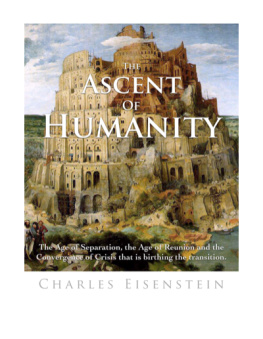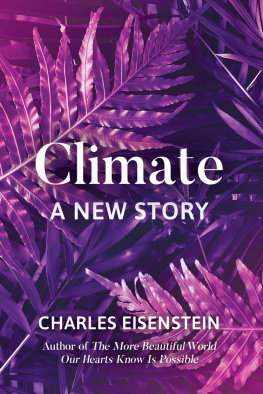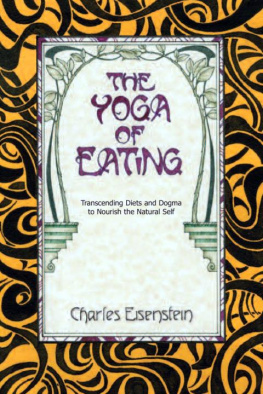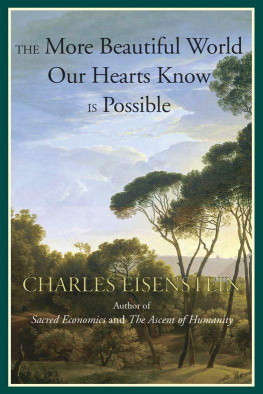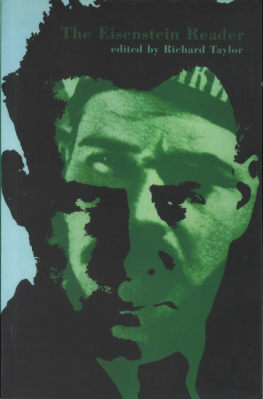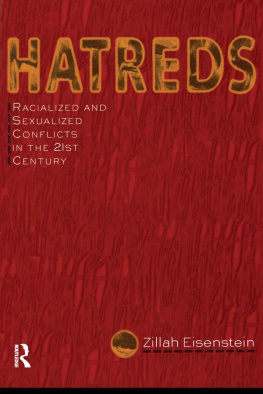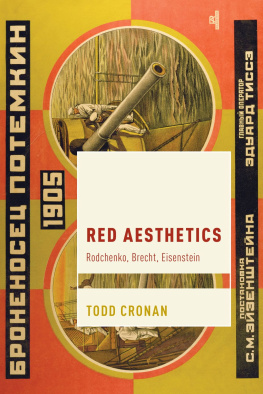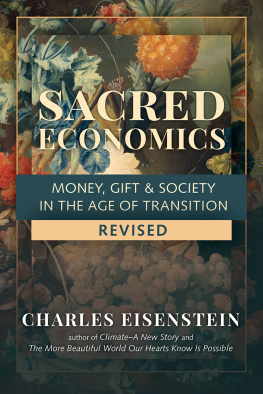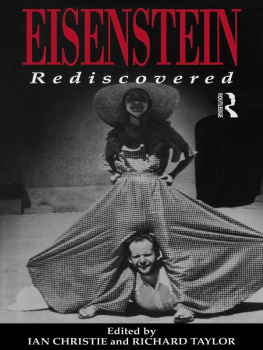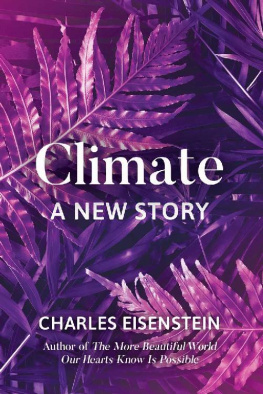Introduction
More than any other species, human beings are gifted with the power to manipulate our environment, and the ability to accumulate and transmit knowledge across generations. The first of these gifts we call technology; the other we call culture. They are central to our humanity.
Accumulating over thousands of years, culture and technology have brought us into a separate human realm. We live, more than any animal, surrounded by our own artifacts. Among these are works of surpassing beauty, complexity, and power, human creations that could not have existedcould not even have been conceivedin the times of our forebears. Seldom do we pause to appreciate the audacity of our achievements: objects as mundane as a compact disc, a video cellphone, an airplane would have seemed fantastical only a few centuries ago. We have created a realm of magic and miracles.
At the same time, it is quite easy to see technology and culture not as gifts but as a curse. After millennia of development, the power to manipulate the environment has become the power to destroy it, while the ability to transmit knowledge transmits as well a legacy of hatred, injustice, and violence. Today, as both the destruction and the violence reach a feverish crescendo, few can deny that the world is in a state of crisis. Opinions vary as to its exact nature: some people say it is primarily ecological; others say it is a moral crisis, a social, economic, or political crisis, a health crisis, even a spiritual crisis. There is, however, little disagreement that the crisis is of human origin. Hence, despair: is the present ruination of the world built in to our humanity?
Is genocide and ecocide the inevitable price of civilization's magnificence? Need the most sublime achievements of art, music, literature, science, and technology be built upon the wreckage of the natural world and the misery of its inhabitants? Can the microchip come without the oil slick, the strip mine, the toxic waste dump? Under the shadow of every Chartres Cathedral, must there be women burning at the stake? In other words, can the gift of technology and culture somehow be separated from the curse?
The dashed Utopian dreams of the last few centuries leave little hope. Despite the miracles we have produced, people across the ideological spectrum, from Christian fundamentalists to environmental activists, share a foreboding that the world is in grave and growing peril. Temporary, localized improvements cannot hide the ambient wrongness that pervades the warp and woof of modern society, and often our personal lives as well. We might manage each immediate problem and control every foreseeable risk, but an underlying disquiet remains. I am referring simply to the feeling, "Something is wrong around here." Something so fundamentally wrong that centuries of our best and brightest efforts to create a better world have failed or even backfired. As this realization sinks in, we respond with despair, cynicism, numbness, or detachment.
Yet no matter how complete the despair, no matter how bitter the cynicism, a possibility beckons of a world more beautiful and a life more magnificent than what we know today. Though we may rationalize it, it is not rational. We become aware of it in moments, gaps in the rush and press of modern life. These moments come to us alone in nature, or with a baby, making love, playing with children, caring for a dying person, making music for the sake of music or beauty for the sake of beauty. At such times, a simple and easy joy shows us the futility of the vast, life-consuming program of management and control.
We intuit also that something similar is possible collectively. Some of may have experienced it when we find ourselves cooperating naturally and effortlessly, instruments of a purpose greater than ourselves that, paradoxically, makes us individually more and not less when we abandon ourselves to it. It is what musicians are referring to when they say, "The music played the band."
Another way of being is possible, and it is right in front of us, closer than close; that much is transparently certain. Yet it slips away so easily that we hardly believe it could be the foundation of life; so we relegate it to an afterlife and call it Heaven, or we relegate it to the future and call it Utopia. (When nanotechnology solves all our problems... when we all learn to be nice to each other... when finally I'm not so busy...) Either way, we set it apart from this world and this life, and thereby deny its practicality and its reality in the here-and-now. Yet the knowledge that life is more than Just This cannot be suppressed, not forever.
Whether for myself or for the world, I share with dreamers, Utopians, and teenagers an unreasonable intuition of a magnificent potential, that life and the world can be more than we have made of them.
What error, then, what delusion has led us to accept the lesser lives and the lesser world we find ourselves in today? What has rendered us helpless to resist the ugliness, pollution, injustice, and downright horror that has risen to engulf the planet in the last few centuries? What calamity has so resigned us to it, that we call this the human condition? Those moments of love, freedom, serenity, playwhat power has made us believe these are but respites from real life?
Inspired by such moments, I have spent the last ten years trying to understand what keeps usand what keeps mefrom the better world that our hearts tell us must exist. To my endless amazement, I keep discovering a common root underneath all the diverse crises of the modern age. Underlying the vast swath of ruin our civilization has carved is not human nature, but the opposite: human nature denied. This denial of human nature rests in turn upon an illusion, a misconception of self and world. We have defined ourselves as other than what we are, as discrete subjects separate from each other and separate from the world around us. In a way this is good news: in this book I will describe the profound changes that will flowand are already flowingfrom the reconception of the self that is underway. The bad news is that our present conception of self is so deeply woven into our civilizationinto our technology and culturethat its abandonment can only come with the collapse of much that is familiar. This is what the present convergence of crises portends.
Everything I wrote in the preceding paragraph about our civilization also applies to each of us individually. Saints and mystics have tried for thousands of years to teach us how we are trapped in a delusion about who we are. This delusion inevitably brings about suffering, and eventually a crisis that can only be resolved through a collapse, a surrender, and an opening to a state of being beyond previous self-limitation. You are not, they tell us, a "flesh-encapsulated ego", and lasting happiness can never result from pursuing that ego's agenda. These spiritual teachings have helped me realize, at least partway, my intuitions of what work, love, human relationship, and health can be. They are not the main subject of this book, however, nor do I claim to exemplify them in my own life. Nonetheless, the shift in our collective self-conception is intimately related to a parallel shift in our individual self-conception. In other words, there is a spiritual dimension to the planetary crisis.
As this planetary crisis invades our individual lives, unavoidably, neither the personal nor the collective misconception of who we are will remain tenable. Each mirrors the other: in its origins, its consequences, and its resolution. That is why this book interweaves the story of humanity's separation from nature with the story of our individual alienation from life, nature, spirit, and self.

